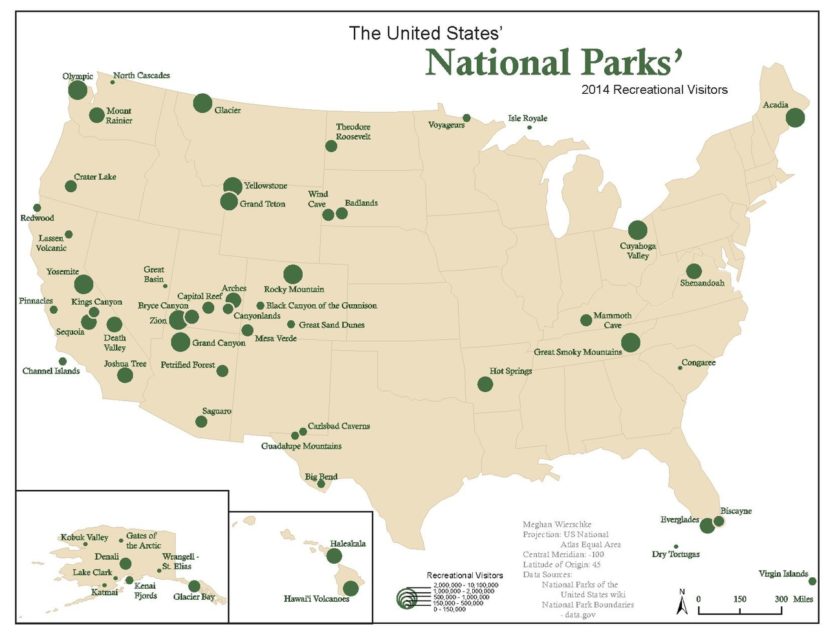It is a truth universally acknowledged that as people age they tend to develop more conservative or even reactionary views. This can, in extreme cases, lead to deplorable results — as our American and British friends discovered in 2016 (fortunately, we Canadians were lucky enough to avoid such unpleasantness by having our election in 2015). Some advanced forward-thinking on how to best address this problem was reported in the Guardian on suggestions by Cambridge professor David Runciman, who advocated lowering the voting age to six, as younger voters are generally much more open to progressive ideas.
This extension of the franchise was not proposed by an inmate of an asylum for the criminally insane but by a professor, David Runciman, of the University of Cambridge, supposedly one of the best three or four such institutions in the world. But no mere criminal lunatic could have dreamt up such an idea. Is it any wonder that many people feel the world has gone mad?
Sure enough, Runciman’s idea was given serious consideration by a writer in The Guardian. Admittedly, the writer came down against the proposal, but only after giving it credence. Nevertheless, it gave an insight into the mindset of those whose political ideas are to themselves so self-evidently virtuous that the only possible explanation for the fact others do not share them is stupidity in the case of the poor and wickedness in the case of the rich.
At the head of the article were the words: “Allow six-year-olds to vote? No, but it’s not as crazy as it sounds. Children tend to be more progressive and idealistic than their parents.”
I think it’s safe to say that if the US election and the Brexit referendum had included all those woke six-year-olds, the results would have been much more amenable to our moral and intellectual superiors in the media. However, I suspect that Professor Runciman’s proposal is only half of the necessary solution. In addition to lowering the minimum voting age, we should give careful consideration to lowering the maximum voting age as well. I’m sure that a properly funded study would find that not only do older voters tend to become more conservative as they begin to fall apart physically, but it also tracks directly with mental incapacity. Our study — perhaps a pan-national group drawn from Harvard, Berkeley, Cambridge and the London School of Economics — would almost certainly conclude that a pattern of voting for more conservative options is a clear indication of enfeeblement of judgement and society would be doing a kindness to remove the franchise from those who can no longer responsibly exercise it.
Perhaps, rather than directly revoking oldsters’ voting rights, we could offer a more gentle option of designating a responsible young voter (ideally between the ages of six and eighteen) to exercise the franchise on their behalf. This way, they are still fully represented, but the vote will be directed by someone with a direct stake in the outcome, as the young will have to live for far longer with the result of any election (and the oldsters are all going to die soon, anyway).
It might also make sense to revise the voting system so that the votes of younger people carry more weight than those of older folks. Perhaps double the weight of their parents’ votes and quadruple the weight of their grandparents’? We can’t be short-changing the people who matter the most, after all … that would hardly be progressive, would it?
The use of the word progressive is telling. It implies not only that there is a clear path in humanity’s moral ascent to perfection but also that its route map has been vouchsafed to certain adults. For self-proclaimed progressives, there are no complexities or unintended consequences, let alone ironies: there is only progress and its opposite, reaction.
For the writer of the article, children are born with a knowledge of the route map of the ascent to perfection, as salmon, cuckoos and swallows are born with a knowledge of where to migrate to. Only the corruption of age causes them to forget: “Children do tend towards the progressive, having a natural sense of justice … and an underdeveloped sense of self-interest.” But what has caused the realisation that children may be suitable for enfranchisement? Our author cannot be clearer: “Most of the arguments against giving six-year-olds a vote have been capsized by the (Brexit) referendum.”
In other words, because the electorate got the answer wrong, it is necessary to change the electorate. If only it had answered the question correctly, it is a fair guess no one would have thought of lowering the voting age to six.
Why, then, does our author finally reject the vote for six year-olds? “If parents could be trusted to use their influence wisely and inculcate children with the politics it will take to assure a better future, then I wouldn’t necessarily have a problem with that, apart from, obviously, that culture is already wildly skewed towards parents … But that’s moot anyway, because parents can’t be trusted, otherwise we’d all already vote Green.”




